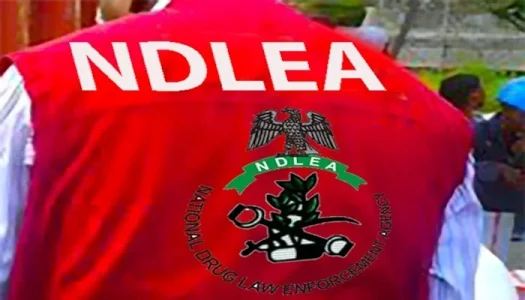
In Nigeria, economic struggles have led some youths to create and sell explicit content online for financial relief. Ivie Aigbedion, known as "Yahweh’s Rare Unique Masterpiece," gained attention for selling nudes on Snapchat. Her viral content sparked debates on morality, financial gain, and the ethics of adult content creation.
In Nigeria, the economic hardships many face have pushed some youths into turning to explicit content creation for financial relief. As the country struggles with rising unemployment and poverty, selling nudes and explicit videos on social media platforms has emerged as a controversial and growing trend.
One prominent case involves Ivie Aigbedion, a woman who goes by the name “Yahweh’s Rare Unique Masterpiece.” Aigbedion, who gained attention for her semi-nude posts, created a private Snapchat account where she began selling exclusive nude content to subscribers. The explicit material quickly leaked, sparking widespread attention across Telegram and X (formerly Twitter) platforms. Aigbedion’s photos and videos flooded these networks, turning her into a viral sensation.
Despite the backlash, Aigbedion defended her actions, stating that it was not the fans who leaked her content but those who paid for it. She adjusted her rates, capitalizing on the increased demand, and maintained her stance that this was a legitimate form of income. Her decision to use platforms like X, which allow consensual adult content, provided her with the space to thrive, unlike other platforms like Facebook, where nudity is heavily censored.
However, her actions have sparked moral debates. Some users, especially from Christian communities, criticized her for using the name “Yahweh,” sacred in many religions, to market her explicit content. Others, like tech experts and fellow content creators, emphasized the financial gains that can be made, though they also warned of the long-term consequences, such as reputational damage and the potential for future regrets.
As more individuals enter this space, with some making substantial sums, the phenomenon has sparked a broader conversation about the ethics and sustainability of such an online business model.




